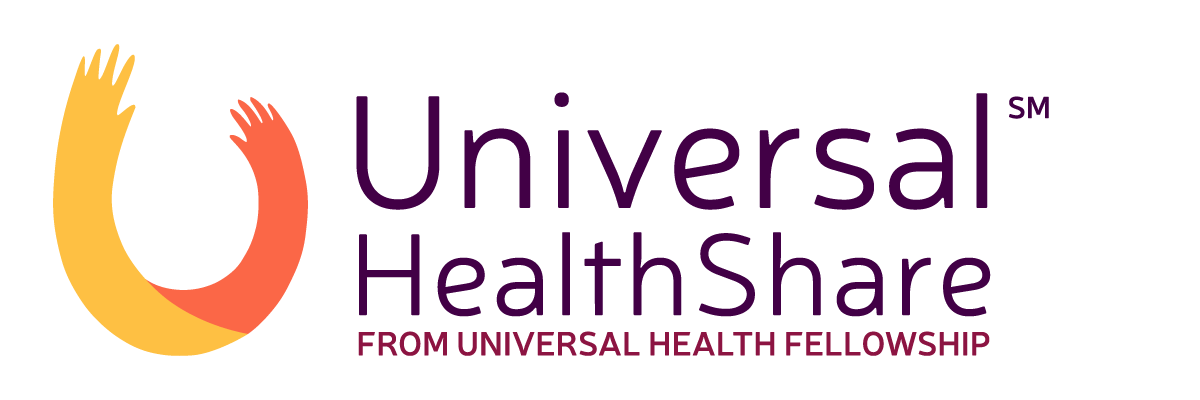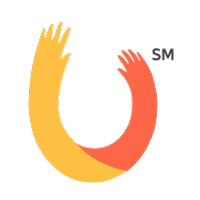Every October, ADHD Awareness Month showcases the most recent research and clinical studies in the hopes of bringing more effective medications to the market.
ADHD is one of the most common pediatric neurodevelopmental diseases. It is most commonly diagnosed in childhood and lasts far into adulthood. Attention-deficit/hyperactivity disorder affects children who have difficulty paying attention, managing impulsive actions, or being overly active. In honor of ADHD Awareness Month, we’ve answered the most asked questions regarding ADHD.
What is ADHD?
Attention-deficit/hyperactivity disorder is a type of neurodivergence that is typically diagnosed in childhood and lasts into adulthood. Children with ADHD often:
- Daydream a lot
- Squirm or fidget
- Talk too much
- Have trouble taking turns
- Forget or lose things often
- Make careless mistakes or take unnecessary risks
- Have a hard time resisting temptation
- Have difficulty getting along with others
There are 3 types of attention-deficit/hyperactivity disorder. The type someone is diagnosed with is dependent on which symptoms are strongest in their everyday life.

- Predominantly Inattentive Presentation
This is diagnosed in individuals who find it difficult to organize or finish a task, pay attention to details, or follow instructions and/or conversations. The person is easily distracted or forget details of daily routines.

- Predominantly Hyperactive-Impulsive Presentation
This is diagnosed in individuals who fidget and talk a lot. It’s hard for this person to sit still for a long period of time.
- Combined Presentation
This is diagnosed in individuals who experience roughly equal symptoms of the above symptoms.
What’s the Difference between ADD and ADHD?
You may have heard ADHD and ADD used interchangeably, but in 1994 the medical community decided against using the term “ADD.” ADHD stands for attention-deficit/hyperactivity disorder and is the official, media term for the condition, regardless of whether someone demonstrates symptoms of hyperactivity. Whether someone has predominantly inattentive presenting ADHD, predominantly hyperactive-impulsive presenting ADHD, or combination ADHD, the medical community refers to each neurodivergence as just ADHD.
Can Adults be Diagnosed with ADHD?
Yes, adults can be diagnosed with ADHD. With ADHD, symptoms start in childhood and will continue into adulthood. In some cases, the neurodivergence isn’t recognized until adulthood, especially if a child was able to maintain good grades and behave as expected in elementary and middle school.
Adult ADHD’s symptoms present a little differently from a child diagnosed with ADHD. Adult symptoms include:
- Impulsiveness
- Disorganization and problems prioritizing
- Poor time management skills
- Problems focusing on a task
- Trouble multitasking
- Excessive activity
- Low frustration tolerance
- Frequent mood swings
- Trouble coping with stress
What Causes ADHD?
The causes and risk factors for ADHD remain unknown. Current research shows that genetics play an important role.
How is ADHD Treated?
In most cases, ADHD is treated with a combination of behavior therapy and medication. There is no cure, but often therapy and medication can dramatically improve symptoms. The two primary types of ADHD medications are central nervous system stimulants or nonstimulants.
Stimulants are most often prescribed and work by increasing the amount of dopamine and norepinephrine in the brain. By increasing brain stimulations, these chemicals produce a paradoxical calming effect, reducing hyperactivity and improving attention span. Common stimulants used to treat ADHD include:
- Amphetamine-based stimulants – Adderall, Dexedrine, Dextrostat
- Dextromethamphetamine – Desoxyn
- Dextromethylphenidate – Focalin
- Methylphenidate – Concerta, Daytrana, Metadate, Ritalin
If stimulants don’t work or create side effects too difficult to handle, doctors will turn to nonstimulant medications. These can increase levels of norepinephrine, which is thought to help with attention and memory. Common nonstimulants used to treat ADHD include:
- Atomoxetine – Strattera
- Antidepressants like nortriptyline – Pamelor
Other nonstimulant medications can also help with ADHD, although it isn’t fully understood how these help ADHD symptoms. Some evidence suggests they help chemicals work better in the part of the brain involved with attention and memory. These include:
- Guanfacine – Intuniv
- Clonidine – Kapvay
What are Common Comorbidities in ADHD?
The risk of comorbidity is high in those diagnosed with ADHD. The most diagnosed comorbid disorders are:
- Oppositional defiant disorder
Occurs in 21% – 60% of children with ADHD - Depression
Occurs in 10% – 30% of children with ADHD - Anxiety
Occurs in 25% of children with ADHD - Bipolar disorder
About ½ of men and ¼ of women diagnosed with bipolar disorder also meet the criteria for ADHD - Conduct disorder
- Sensory integration disorder
- Learning disorders (dyslexia, dysgraphia, and dyscalculia)
Occurs in over 50% of children with ADHD - Early speech/communication problems
Researchers are still uncovering why some of these disorders occur so frequently with ADHD and at exactly what rates these disorders co-occur.
Can ADHD Be Prevented?
ADHD cannot be prevented. But spotting it and treating it early can lessen symptoms and enhance your child’s/your quality of life.
If you or your child are dealing with symptoms of ADHD, it’s important to discuss with your doctor. For more information, you can learn more about ADHD here.


